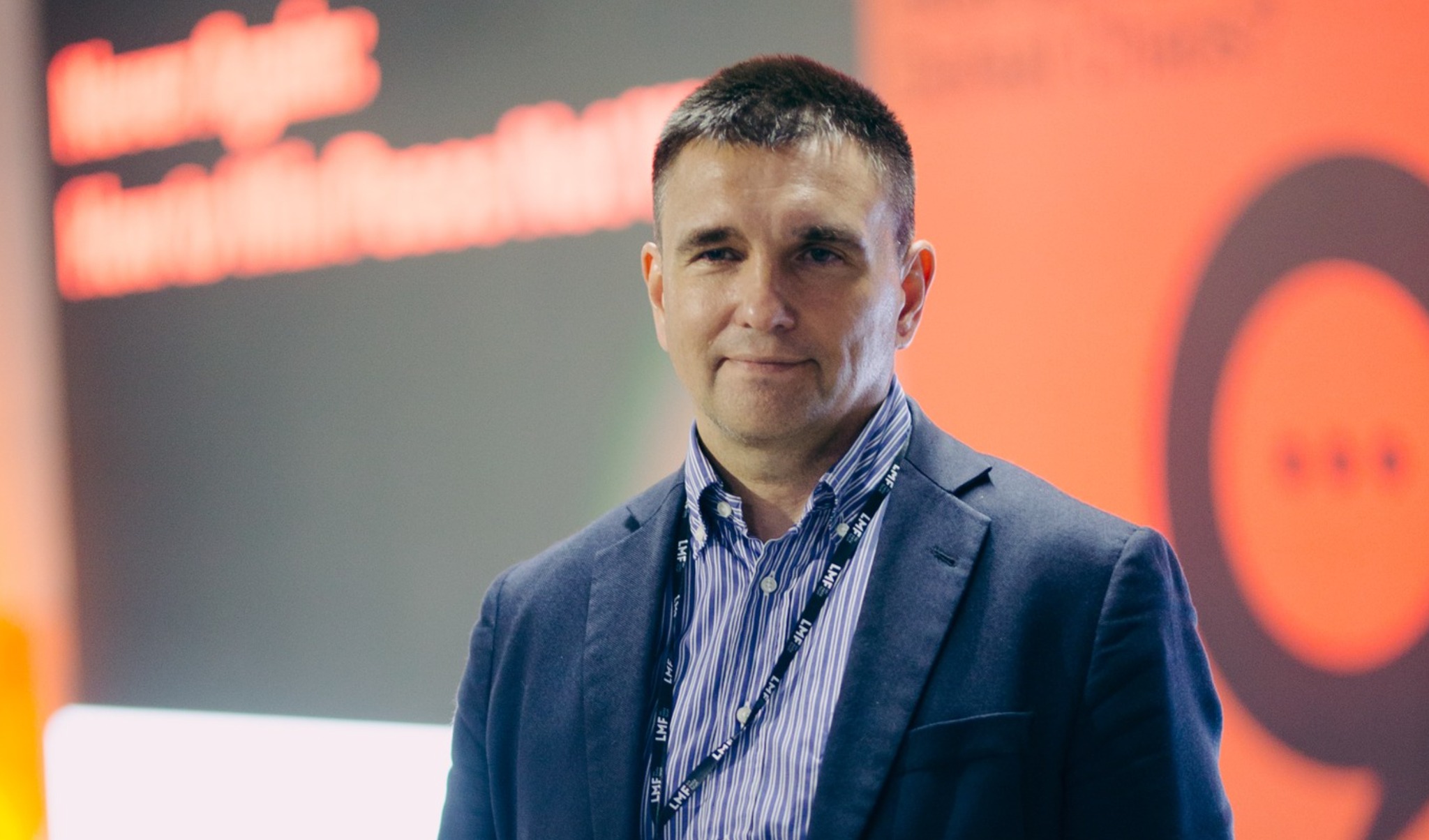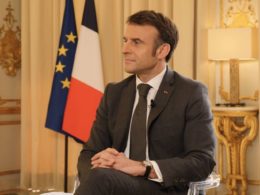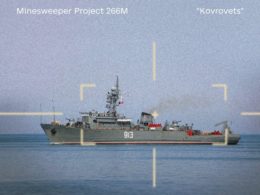Article by: Pavlo Klimkin, former Ambassador of Ukraine to Germany and former Foreign Minister
At the Lviv Media Forum, Pavlo Klimkin, former Ambassador of Ukraine to Germany and former Foreign Minister, emphasized the West’s challenge of understanding adversaries like Russia and China. Klimkin also discussed Germany’s managerial rather than leadership-oriented mentality—questioning its preparedness for wars—and highlighted the need for Germany’s active role in global solutions. Additionally, he addressed Ukraine’s evolving role within the West and the importance of maintaining a unified front to prevent fragmentation. Here, we present the main theses put forward by Pavlo Klimkin.
Just the idea that the West should draw lessons from this war is fundamentally not enough. That’s really my point. Our allies and our friends should get serious about understanding our rivals and friends. Does the West understand Russia now, or at least trying to understand Russia in a real way?
I don’t have an answer to that. The best example is now quite famous—Henry Kissinger’s interview for The Economist, where he once said about China, “You know, China is a kind of Confucian reality.” He has been bashed by many Chinese scholars who have themselves said that the Zin Empire or Tau Empire is something Confucian. But now, China is a mixture of nationalism and Communist Party control. It’s fundamentally different. Kissinger is 100 years old—he spent 75 years on international relations, and, basically, after all these years of dealing with China, he is fine with dealing with China, not understanding China. He even said something more mind-blowing about Russia, “Yeah, Putin is a kind of Dostoyevsky hero.” Some of my friends contacted me and said, “Pavlo, you know, you read Dostoyevsky. Now, you should explain to us what is the connection between Dostoyevsky and Putin?”
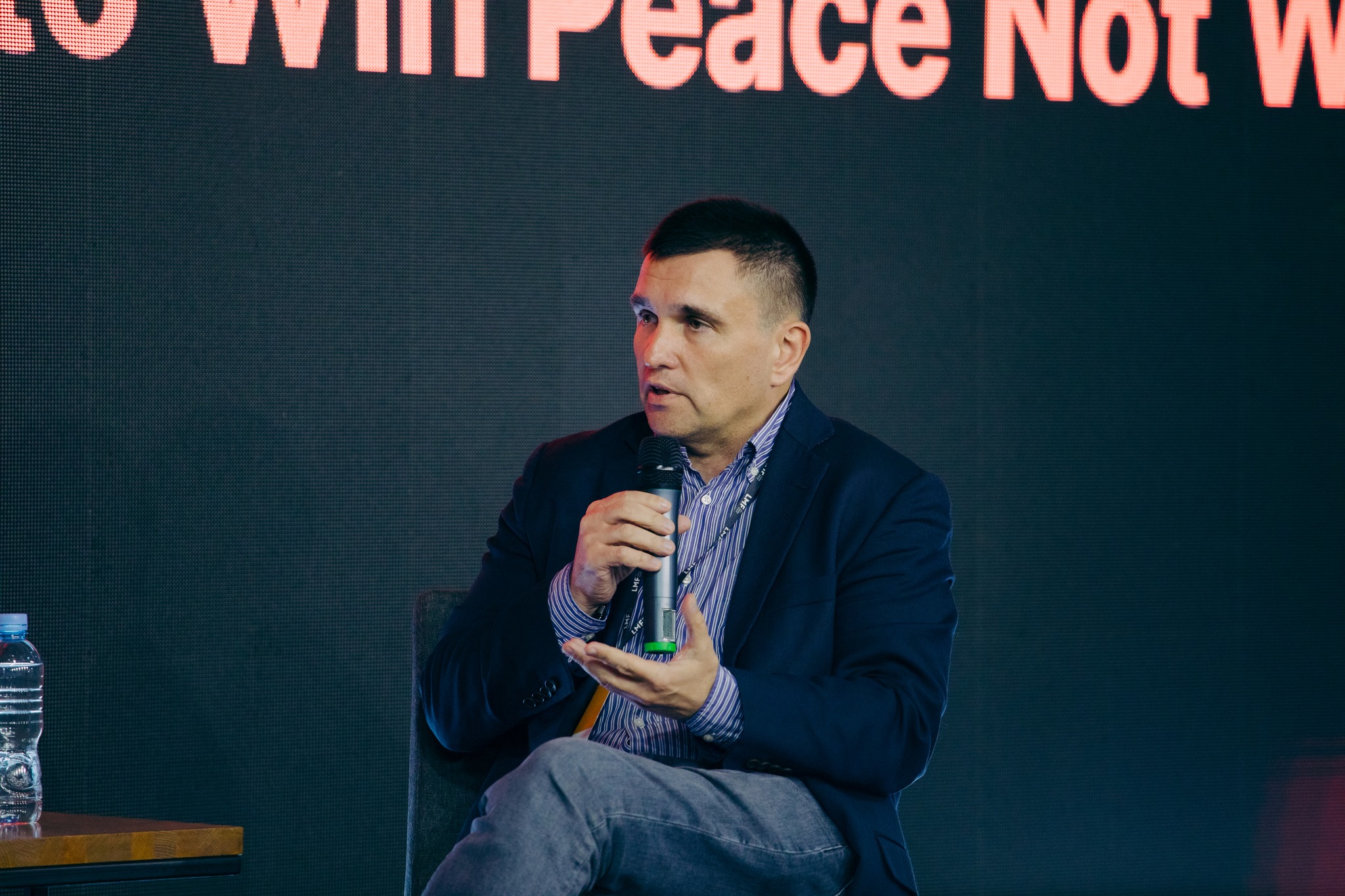
But the point here is: How would you understand something which fundamentally differs from our set of values? How would you feel it from the inside if you are not there?
A considerable part of the non-Western world is intrinsic. It is, on a subconscious level, anti-Western and anti-American. And if you ask people what is really a problem with the West, they’d say that maybe the West is good and many people would love to live in the West. But for us, it’s about clear ideas that—if you work with the West—their enemies are our enemies, but not the other way around. The salient point by the Indian Foreign Minister was, “Our problem is not yours, but your problem is ours.”
We can’t live under the current reality. It’s clear that we can’t have the same security model in Europe. It should all be blown off. But on top of that, the whole Western approach, not even a strategy, about Russia could be boiled down to two simple points: deterrence, although what kind of deterrence nobody knows because there is no strategy for that, and decoupling. Decoupling is a kind of selective isolation. The sort of decoupling that is needed to do “never again” nobody knows. The serious conversation has started, but just now. And the span of approaches runs 180 degrees.
Fundamentally, what is the sense of a new strategic deterrence? There is a real risk now that we—Ukrainians and Ukraine—will not just be perceived, but put in a position of being a sort of deterring mode, in the absence of a real deterrent strategy. Of course, not just ourselves, but the whole Eastern flank of NATO. If we only have a deterrence approach, it’s at least a 50% probability that we’re going to “have it again.”
Entering the fight or standing aside: Germany’s struggle to develop a strong strategic culture
The fundamental problem with Germany for me is that the German mentality is about managing, not about leadership. German Chancellor Helmut Schmidt famously said, “If you have vision, just go to a doctor.”
In order to win, you have to enter the fight. Otherwise, it is just impossible. And if you enter the fight, it’s about costs and about risks. If you don’t like either costs or risks, basically, you are nowhere.
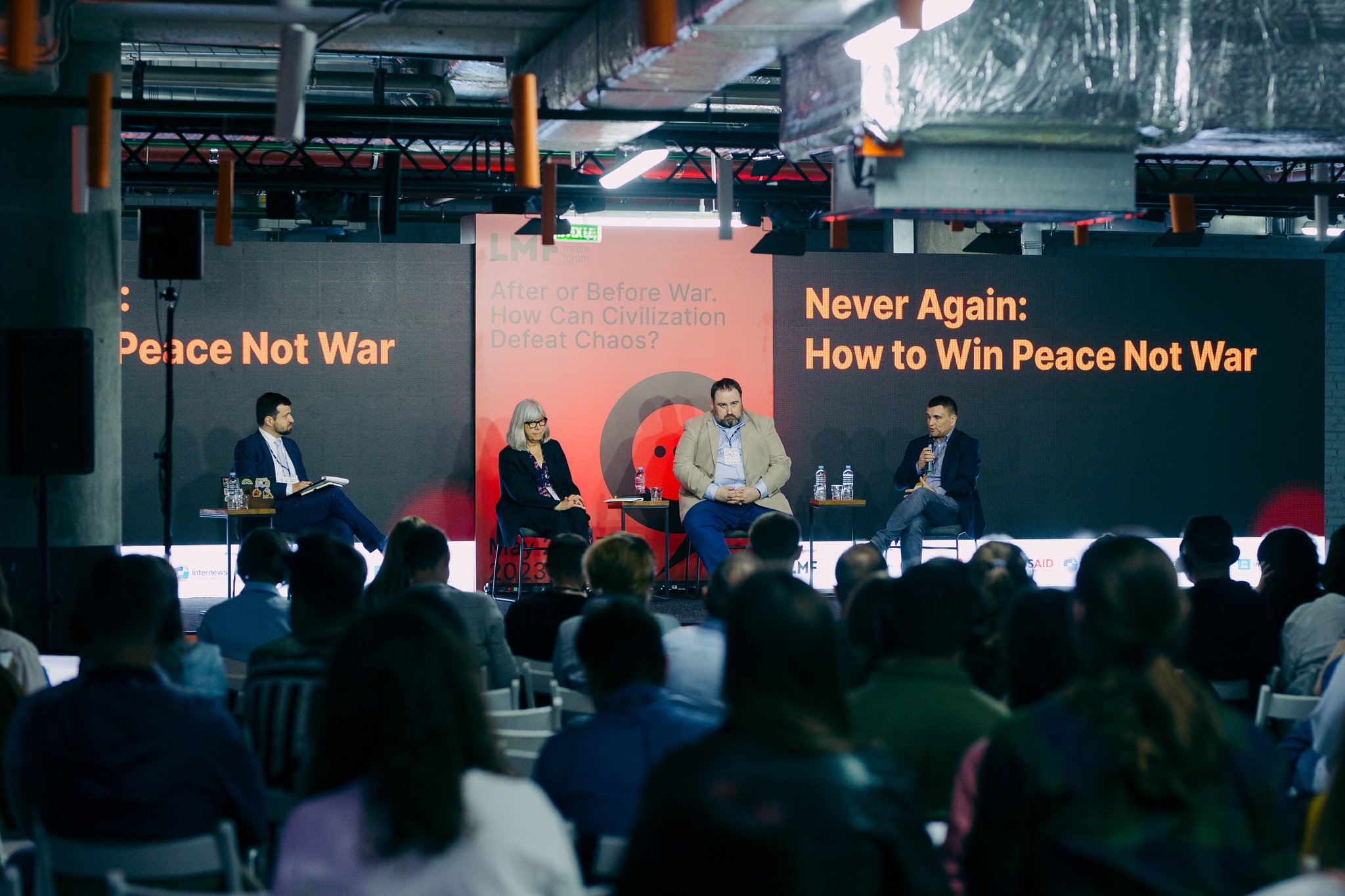
Every second week, either in their Foreign Ministry or somewhere else, Germans meet with a large number of Russians from different parts of Europe. Some of them are considered good Russians, some probably less, and always they [Germans] call and say, “Pavlo, we need you to join somehow.” I intercept, “What is the point?” And they say, “If you don’t talk to good Russians, how can we manage Russia? How can we have another reality in Russia? And I said, “Look, fellows, don’t talk to good guys. Talk to bad guys.” It was so amazing for them. “But they’re bad guys,” they replied. “How can we talk to bad guys?” I said, “Look, it’s not some sort of friendly chat, and you talk to a lot of bad guys in the world. Unfortunately, there is a balance of good guys and bad guys in this world”.
In order to be safe, you need to be ready for a fight, if needed. You need to develop capabilities for that, and Germany does not have this capability at the moment—whether it’s military, whether it’s hybrid, whether it’s in the sense of social resilience. In fact, it’s also true for other countries, but the French and the British have different strategic cultures.
Germans are unable, now for five or so months, to release a draft of its security strategy, which should be presented at the Munich Security Conference. It is now being discussed, and it’s about two issues: China and Russia. Everything else is crystal clear. So, fundamentally, if you can’t define for yourself, at least the outline towards Russia and China, how can you enter a real fight? It’s unbelievable that in Germany and France, they say, “Look, Ukrainians, you’re good guys. Okay, we adore you, but you have this binary mentality about winning or losing, so it’s difficult. It’s not the European mentality.”
My point is, why is it not the European mentality? You have so many examples in European history with this binary mentality, and they were successful. The Germans replied, “Yes, you’re right, but now and again, is this an insurance mentality?” Either Europe is ready to fundamentally raise the stakes and to say, “We need a kind of double-edge leadership within the Western world—we need Europe, and we need the US—or they are not.
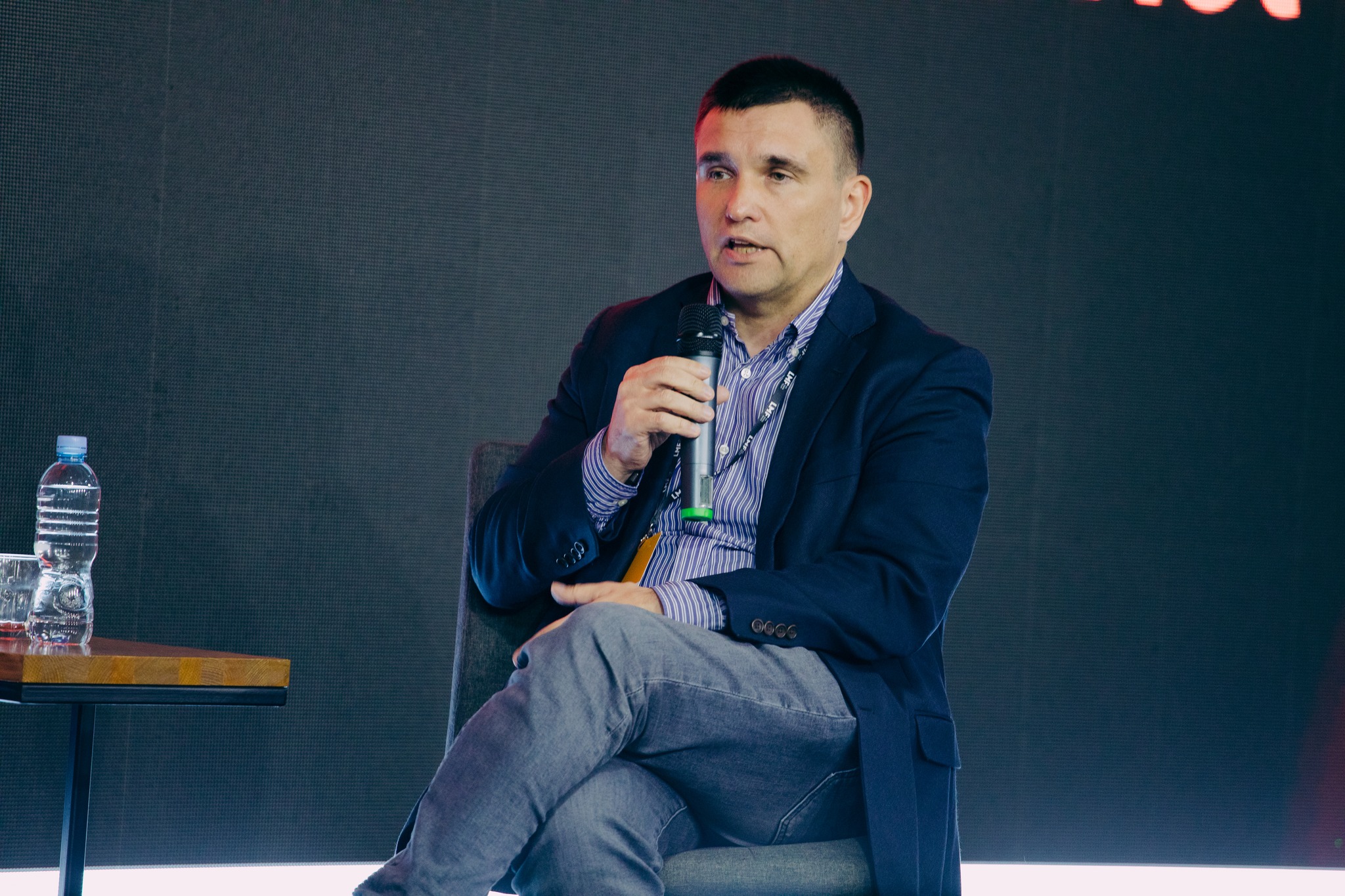
The last example about the F-16s is a case in point. Europe has a fundamental fear about upcoming changes in the US in the so-called insurance strategy. If that’s the case [if this fear continues], we would have a fragmentation of Europe. I hate to hear it because the solidarity of Europe is the fundamental point of how we feel strong and safe.
Germany, for me now—and sorry, I love this country; I spent quite a bit of time there—is still either half of the problem or half of the solution, and probably more so the former—half of the problem. Meanwhile, we need Germany as part of the solution.
[We need to raise certain questions.] What should Ukraine’s policy be towards China? Should Ukraine be actively involved in European relationships? Should Ukraine stay aware of them? Should Ukraine welcome these investments [by China] or not? We are about to formally become a part of the West; we are about to become part of the European Union and NATO, not today, but in the future. We have to follow the set of Western policies towards China. Of course, we have our choices. From what I see from my Chinese connections, China is keenly interested to have an understanding of how it can play the European security architecture—that is, play it up, not play it down.Of course, we [as a country] have our maneuver regarding our economy and cultural contacts. But regarding security, if the European Union is going to follow their risk strategy, it will be the risk strategy for Ukraine. There is no way out of it. Of course, we can implement it in a creative way, and creativity is wide open here, but fundamentally being part of the West, we can’t afford to become a kind of Hungarian reality. In other words, a part of this reality, part of that reality, and part of that reality. If we have such a country as Ukraine, but of different realities, the West will get fragmented, and it will be the end of the West, and that’s woeful.
Adapted by Orysia Hrudka, edited by Mike Cronin and Sonia Maryn




